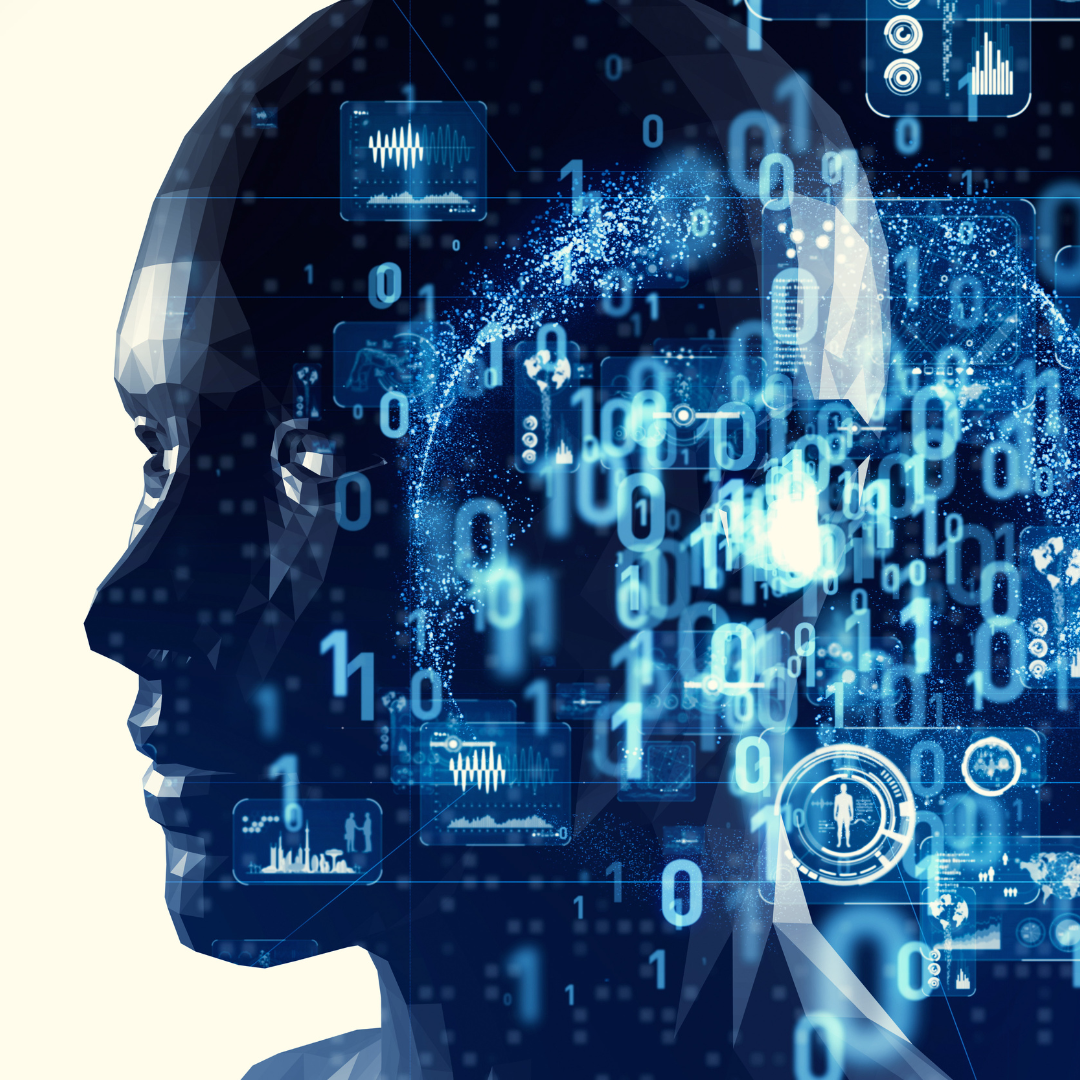The Five Most Key Takeaways from This Blog
- A.I in the pharmaceutical industry is boosting development of drugs.Â
- Given how cost- and time-intensive developing a drug can be, the hope is that A.I. can speed up certain parts of the R & D phase.Â
- Certain parts of the process, such as clinical trials with human participants, can not (and should not, for good reason) really be sped up with A.I.Â
- A.I.’s ability to intake a ton of data, and find creative solutions based on that data, is part of the draw here.Â
- The success is higher in these gen A.I. platforms because the goals are much narrower than, say, ChatGPT’s broad write-me-anything goals.

Pharma and A.I.Â
So, what parts of the research and development of (legal) drugs is A.I. put to use for?Â
Well, largely the phase that is concerned with the discovery of possible drugs.Â
So, the part that involves figuring out the potential chemical makeup of a drug is where A.I. is finding a lot of uses for.Â
This process is made possible through generative A.I.
Generative A.I. in the Research Lab
A lot of this involves a particularly narrow form of generative A.I. that went through training for the specific purpose of suggesting potential drug molecules.Â
That training data will encompass just a ton of information that any lab tech would be remiss to be ignorant of–or, at least, keep out of arm’s reach for quick access to a refresher.Â
From there, A.I. will get a sense through training of what possible molecules could exist, and which could not. It becomes adept at what is basically statistical prediction wedded to considered creativity.Â
And A.I. can be quite great at doing this. Some of the main draws of A.I. across all industries is how well it is able to ingest a virtual ton of data while also offering lightning-fast outputs.Â
Though your experience with generative A.I. may involve an Herculean back-and-forth struggle getting the A.I. to yield, like a stubborn dog with a bone in its mouth, to just a teeny tiny suggestion, the drug-developing gen A.I. tends to be much more successful in fulfilling its assigned duties.Â
Why is this the case? Well, the reason has to do with A.I. generally being more effective when its range of expected actions is narrower.Â
ChatGPT needs to write sixth-graders’ essays, artiste’s poems, and rushed workers’ business communications. Because of this, it is a jack of all trades (sub-trades within the trade of writing, really).Â
So, once Big Pharma has developed the drug and is ready to bring it to market, what other uses for A.I. in the pharmaceutical industry are there?Â
Beyond Developing Drugs, A.I. Has Applications in Pharma
Well, there really is a ton of uses. But we can focus on some ones that are not as obvious as using an image-generating A.I. to create some potential visual ads for the drug.Â
Consider the crucial task of promoting a drug that passed clinical trials. A fleet of salespeople now need to go out to doctors’ offices around their region to convince physicians to prescribe it.
If you were thinking that this writer was going to suggest simply leaving the whole sales process to some chatbot, well, that was not a correct guess.Â
Instead, you need to focus on making sure that the salespeople are properly trained to sell this particular drug.Â
Even a seasoned old war dog of the drug market could use a lending hand when having to sell a newfangled pharma product out in the wild.Â
What A.I. can do here is draw on Natural Language Processing (NLP) and computer vision (CV) to analyze recordings of salespeople, either in a controlled training scenario or in actual sales pitches.Â
NLP breaks down speech transcripts, while computer vision helps A.I. understand and transcribe recorded speech, analyzing it for specific objectives.
From there, it can even analyze aspects of sound such as lack of interest or negative reactions from training-phase actors or actual clients.Â
The A.I. can identify and suggest possible solutions to dealing with and preventing failing or failed sales pitches.Â
This analysis can be great for helping salespeople discover, early or some time into their careers, what aspects of their sales pitches may be leading to lost opportunities, and how to remedy this.Â
So, from the R&D to the sales pitch, there are tons of uses for A.I. in the pharmaceutical industry.



